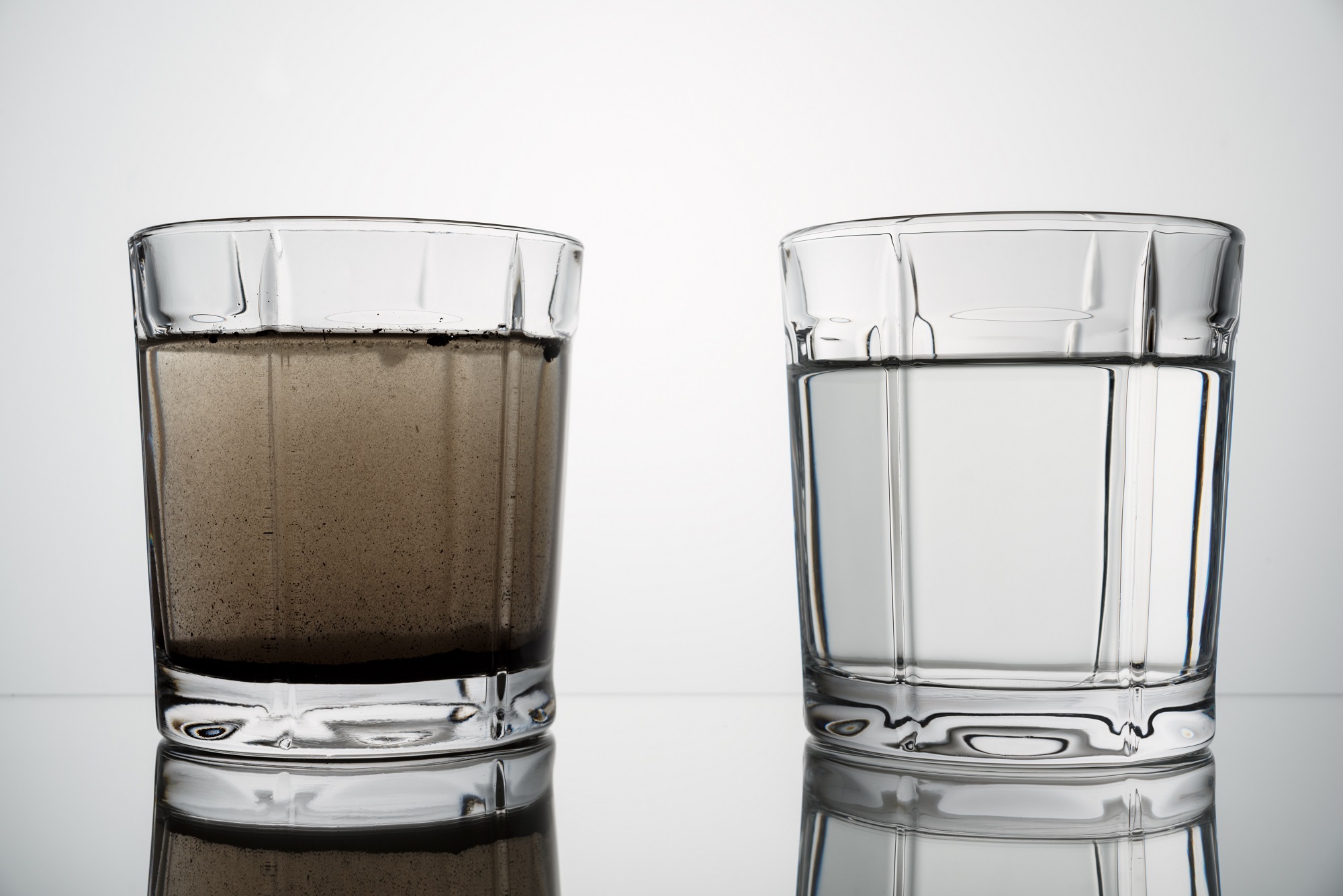MANGANESE IN WATER
MANGANESE IN CT WELL WATER
Although manganese is a mineral necessary for a healthy human diet, too much manganese can become a problem. Manganese is a naturally occurring mineral found in rocks, soil, organic matter from landfills, compost, and more. It is leached from different sources and can end up in groundwater that enters your well.
Food typically has higher levels of manganese, but manganese in water absorbs more quickly and can lead to higher dosages overall. In high dosages, it can be harmful. When the manganese is concentrated, it may cause a musty odor from water, black tinted water, or black water stains. It becomes a health risk when more significant concentrations are reached. Water treatment is recommended at levels of .05 mg/l or higher.
MANGANESE CAN BE HARMFUL AT HIGH LEVELS
The CT Department of Public Health recently set a drinking water Action Level for manganese of 0.5 mg/l (10 times higher than the staining level). High levels of manganese have been associated with toxicity to the nervous system and can produce Parkinson’s symptoms. Manganese can cause lung damage and kidney disorders as well. It has also been associated with attention, memory, and motor problems in children and adults and behavioral problems in infants.
Young and bottle-fed children are at higher risk due to their tendency to absorb more and excrete less manganese once it’s ingested. Most baby formulas include manganese, so if it is combined with manganese-rich well water, it can lead to greater dosages. As a result, it’s recommended not to use tap water with the formula. This can help keep the manganese amounts at the correct levels for children.

Start with our FREE Water Test
Takes only 10 minutes
No Obligation
Why wait? Call now!
860-267-0110
